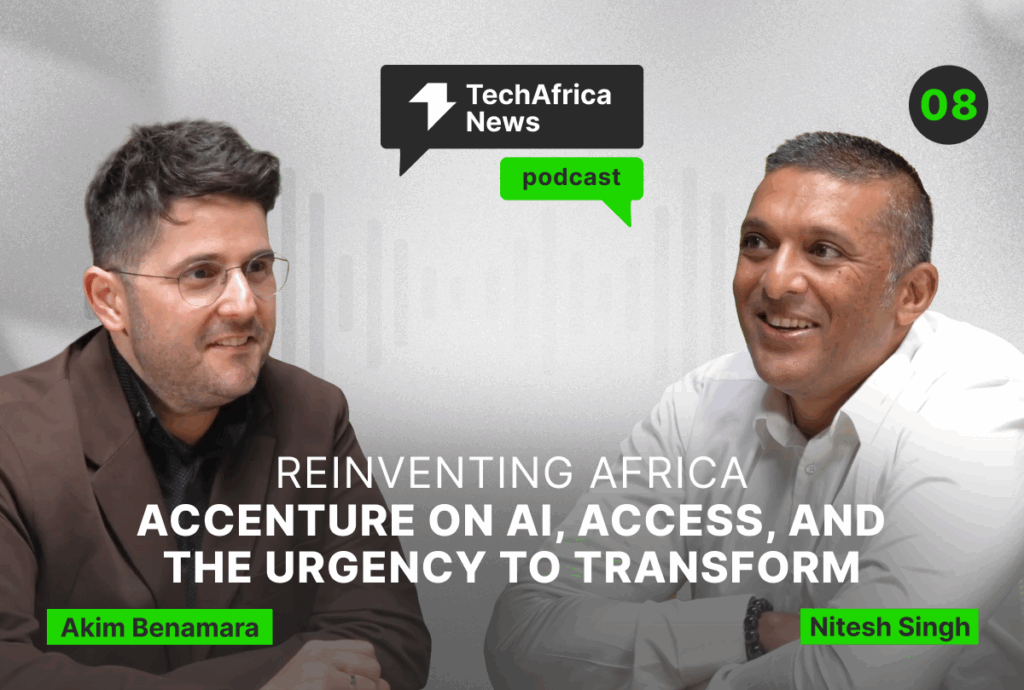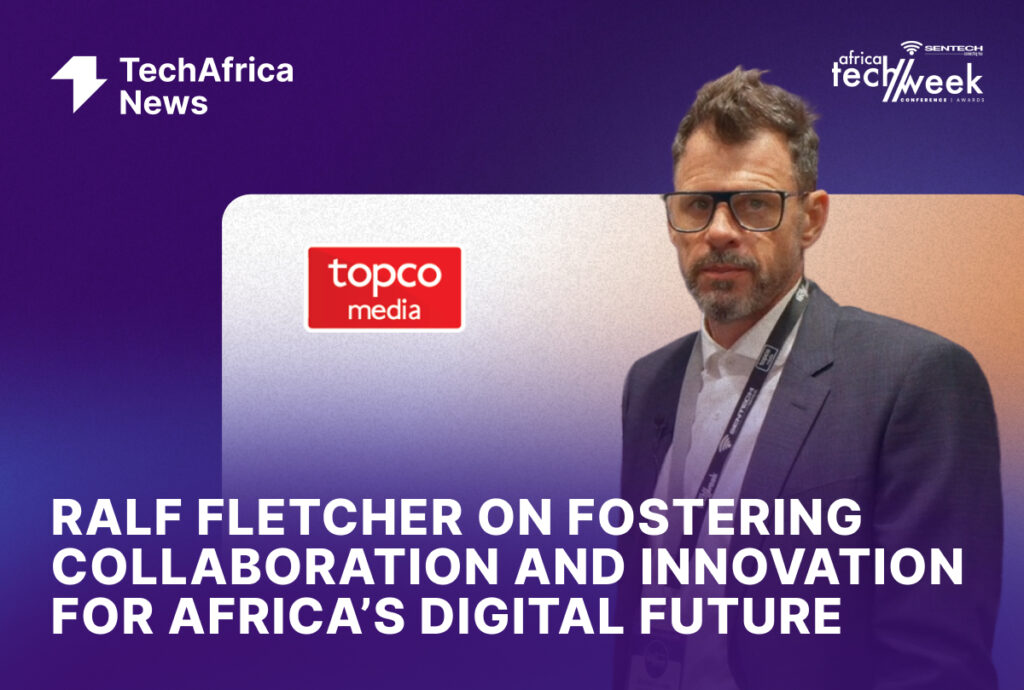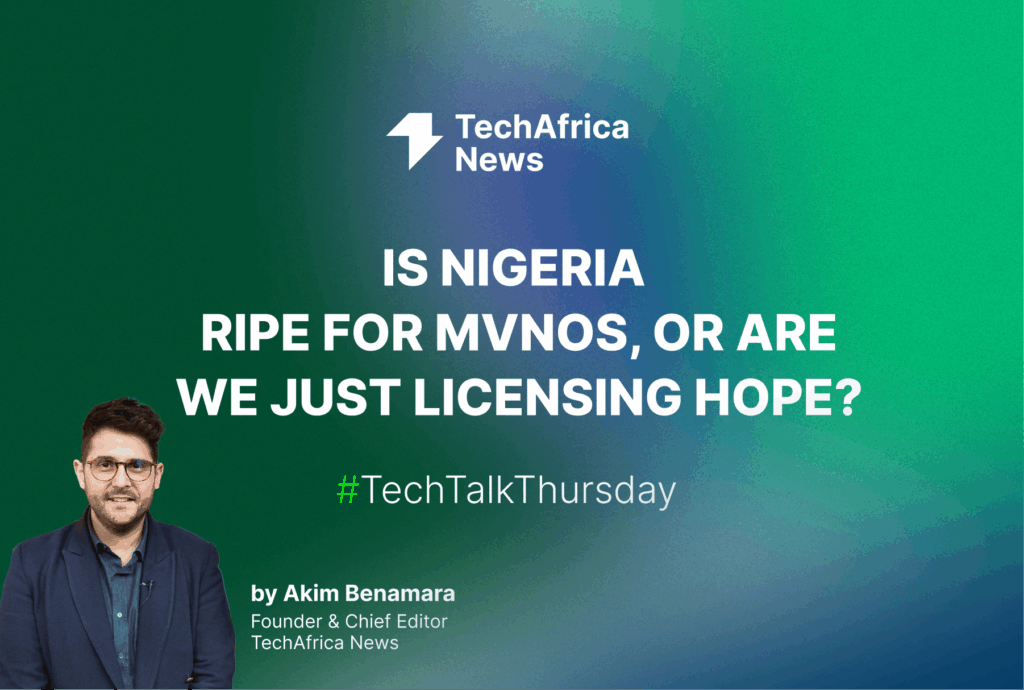World Bank Approves $80 Million for Republic of Congo’s Fiscal Reforms and Inclusive Growth

The World Bank approved a Development Policy Financing (DPF) operation of $80 million, which supports the Republic of Congo’s reforms to strengthen revenue mobilization and public financial management and improve the conditions for inclusive and sustainable growth.
This DPF is the second in a programmatic series of three over the period 2022-2024 financed by the International Bank for Reconstruction and Development (IBRD) and the International Development Association (IDA)* with the aim of putting the economy on the path of recovery in line with the Governments’ National Development Plan 2022-2026.
The reforms supported by the Development Policy Financing are critical to enhancing the country’s fiscal performance and governance while diversifying the economy. These are essential steps to achieving sustainable and inclusive growth, bolstering its economy, and improving the well-being for all citizens.
Cheick Fantamady Kante, World Bank Country Director for the Republic of Congo
The operation supports two priorities: The first aims to strengthen fiscal sustainability and governance through modernizing tax and customs administration, strengthening regulation of the oil sector, improving the oversight of public finances, and enhancing the efficiency of the public procurement system. The second focuses on supporting economic diversification and inclusion through improved business environment, social protection for the most vulnerable populations, and improved access to electricity and basic services like health and education.
These efforts will be essential to building the country’s resilience to future shocks while expanding fiscal space for investments in infrastructure and human capital. Improving budget allocation and spending on technical and vocational education can equip trainees with the practical skills needed to compete in the job market, contributing to economic growth and reducing poverty. Operationalizing the national safety net program will also enhance social protection, targeting the most vulnerable segments of society.






